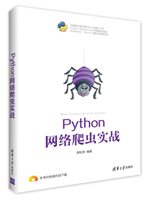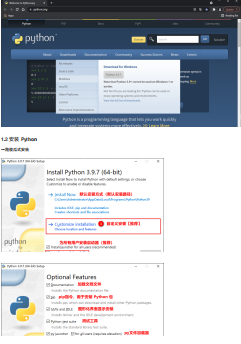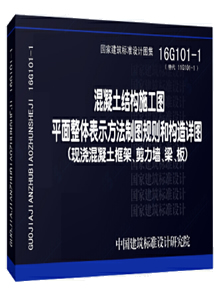本站收集了一篇相关的编程文章,网友阴仙仪根据主题投稿了本篇教程内容,涉及到spring、boot、本地缓存、springboot缓存框架、springboot、caffeine、Springboot+Caffeine本地缓存相关内容,已被401网友关注,相关难点技巧可以阅读下方的电子资料。
Springboot+Caffeine本地缓存
简介
之前在项目中遇到了一个新需求,领导让我使用本地缓存,来缓存数据库查出的用户信息,经过一番资料查阅和实验,最终确定了使用Caffeine来作为实现方案,接下来我将简单介绍一下实现的过程和思路:
Caffeine 介绍
大家只需要知道:Caffeine 是一个高性能的本地缓存库就可以了,接下来我们将在项目实践中使用caffeine缓存。
思路
如果要使用 Springboot + Caffeine 实现本地缓存,我们需要完成以下步骤:
- 要在 Springboot 中使用 Caffeine,首先需要在 pom.xml 文件中添加 Caffeine 的依赖
<dependency>
<groupId>com.github.ben-manes.caffeine</groupId>
<artifactId>caffeine</artifactId>
<version>2.8.5</version>
</dependency>- 然后,可以使用 @EnableCaching 注解启用缓存,并使用 @Cacheable 注解标记要缓存的方法:
@EnableCaching
@SpringBootApplication
public class Application {
public static void main(String[] args) {
SpringApplication.run(Application.class, args);
}
}- 在需要缓存的方法上添加 @Cacheable 注解。
@Cacheable(value = "users", key = "#userId")
public User getUserById(Long userId) {
// 查询用户
}- 在方法的实现中,使用 Caffeine 缓存 API 访问和操作缓存。
例如,假设我们有一个类叫做 UserService,其中有一个方法叫做 findById,用于根据用户 ID 查找用户信息。
下面是如何使用 Springboot + Caffeine 实现该方法的缓存:
@Service
public class UserService {
// 定义缓存名称
private static final String CACHE_NAME = "users";
// 声明 Caffeine 缓存
private final Cache<Long, User> cache;
// 注入缓存提供者
@Autowired
public UserService(CacheManager cacheManager) {
this.cache = cacheManager.getCache(CACHE_NAME);
}
// 根据用户 ID 查找用户信息
@Cacheable(CACHE_NAME)
public User findById(Long id) {
// 从缓存中查找用户
User user = cache.getIfPresent(id);
if (user == null) {
// 缓存中没有用户,则从数据库中查找
user = findByIdFromDb(id);
if (user != null) {
//如果从数据库中找到了用户,则将用户信息放入缓存
cache.put(id, user);
}
}
return user;
}在上面的代码中,我们使用了 Springboot 的 @Cacheable 注解来标记 findById 方法,表示该方法的返回值需要被缓存。
在方法中,我们使用 Caffeine 缓存 API 来操作缓存,例如获取缓存中的数据、更新缓存数据等。
通过使用 Springboot + Caffeine 实现本地缓存,我们可以提高系统的性能和响应速度,避免重复的计算和数据库访问。
此外,Springboot 提供了丰富的缓存配置选项,我们可以根据实际情况调整缓存的大小、过期时间等参数,以满足不同的性能要求。Springboot Caffeine 是一个用于缓存的库,它可以用来缓存系统中的数据,以提高系统的性能。
Caffeine 可以通过配置来设置缓存的各种参数,例如缓存的大小、过期时间等。通过在 application.properties 文件中添加相应的配置项来进行配置:
# 缓存名称 spring.cache.cache-names=users # 缓存的最大条目数 spring.cache.caffeine.users.maximum-size=1000 # 缓存的过期时间(单位:分钟) spring.cache.caffeine.users.expire-after-write=60
上面是 Caffeine 缓存的基本使用方法,具体配置项可以参考官方文档了解更多细节。
本文使用开发环境
- JDK:1.8
- Caffeine:2.8.1
- Maven
总结
到此这篇关于利用Springboot+Caffeine实现本地缓存的文章就介绍到这了,更多相关Springboot+Caffeine本地缓存内容请搜索码农之家以前的文章或继续浏览下面的相关文章希望大家以后多多支持码农之家!


















